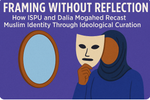Dr. Tim Orr
Tim’s experience is unique in that he holds six earned degrees. One is a master’s degree in Islamic studies from Islamic College in London, allowing him to study under Muslim scholars.


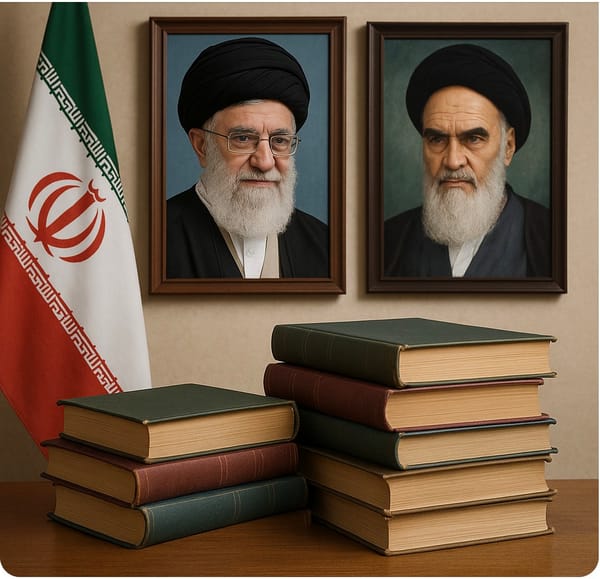
When I studied for my MA in Islamic Studies at the Islamic College in London, I was given the opportunity
by Dr. Tim Orr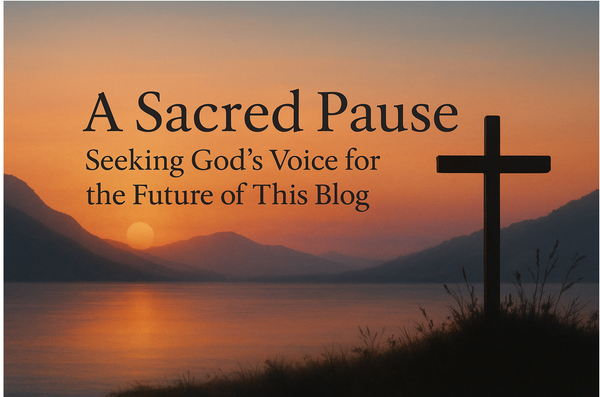
By Dr. Tim Orr Why I’m Taking a Break Over the past few months, I’ve begun to feel
by Dr. Tim Orr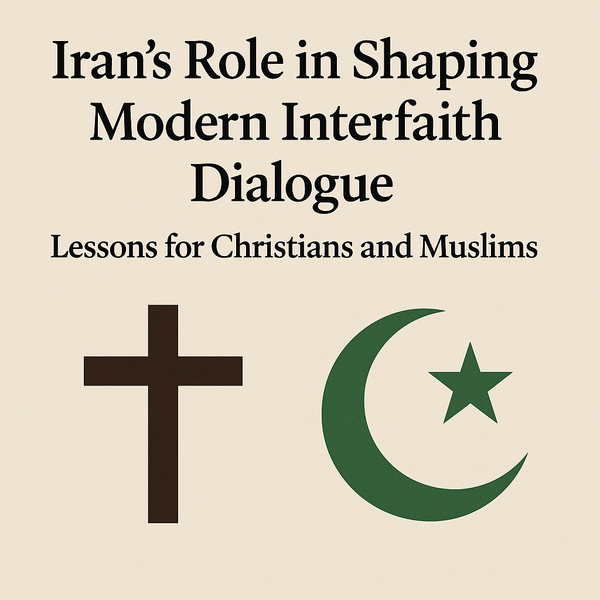
However, upon closer examination, I discover a spiritual narrative yearning for redemption—a tale marked by profound reverence for martyrdom, a theology shaped by suffering and injustice, and a longing for divine justice through the awaited return of the Mahdi.
by Dr. Tim Orr
It means that the God who created the universe doesn’t merely tolerate us or grant us parole. He brings us into His family. He gives us His name, His inheritance, and His love.
by Dr. Tim Orr
Mohamed Sabry Soliman, a 45-year-old Egyptian immigrant, hurled Molotov cocktails into a peaceful gathering of Jewish demonstrators, using a homemade flamethrower to set several people ablaze.
by Dr. Tim Orr
I’ve heard it dozens of times — maybe you have too. Someone brings up faith or Scripture in conversation, and someone else quickly offers the disclaimer: “Well, I don’t take the Bible literally.”
by Dr. Tim Orr
Burnout isn’t just physical fatigue; it encompasses emotional, spiritual, and deeply human aspects. And for Christians, it brings with it a painful question: Shouldn’t I be stronger than this?
by Dr. Tim Orr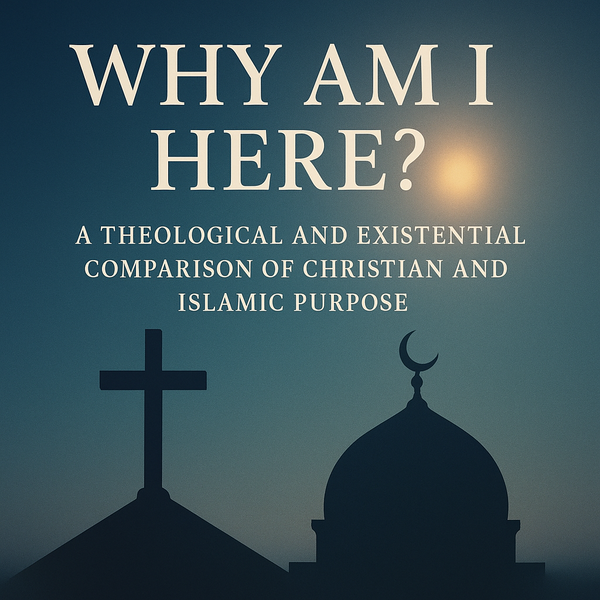
There is a question that finds us all eventually, regardless of culture, education, or belief: Why am I here? It is not merely about career or fulfillment, but about existence itself.
by Dr. Tim Orr